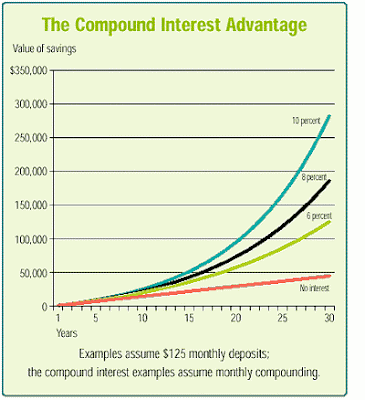 Want to know what it's like to check your online bank statement and realize you have $100.17 dollars left and 13 days to make it last...
Want to know what it's like to check your online bank statement and realize you have $100.17 dollars left and 13 days to make it last...
This was the situation I found myself in during the 2nd semester of my sophomore year in college. The first thing I did was sit down and write out a list of the absolute bare necessity purchases I was going to need to make.
I ended up going to the grocery store and picking up a GIANT sack of potatoes, some lettuce, and carrots. I survived the week, barely. Did you know there are like a million ways to cook a potato?. It took me 6 months before I could eat another one.
A few things to keep in mind when you are extremely strapped for cash:
- Organize yourself, plan to purchase only the bare necessities
- Don't be shy to ask around at the grocery store for deals on overstock food, etc
- Take public transportation when possible (seen gas prices lately?)
- Keep yourself busy doing something you've been meaning to do for awhile (read a favorite book, do some much needed yard work, organize the junk in your attic or basement)
- Celebrate when your next paycheck comes in (cost effectively of course!)
- Learn from your mistake, keep a better eye on your finances and control unnecessary expenses in the future










